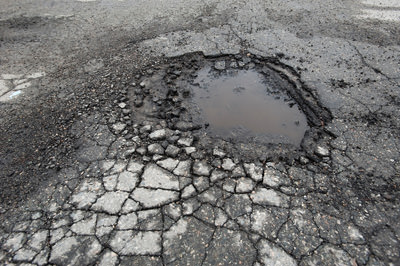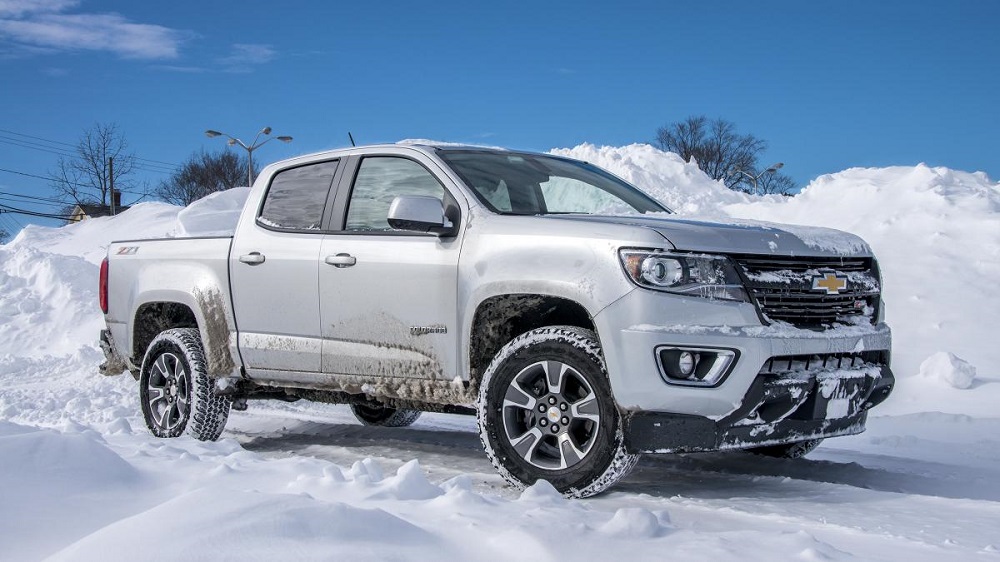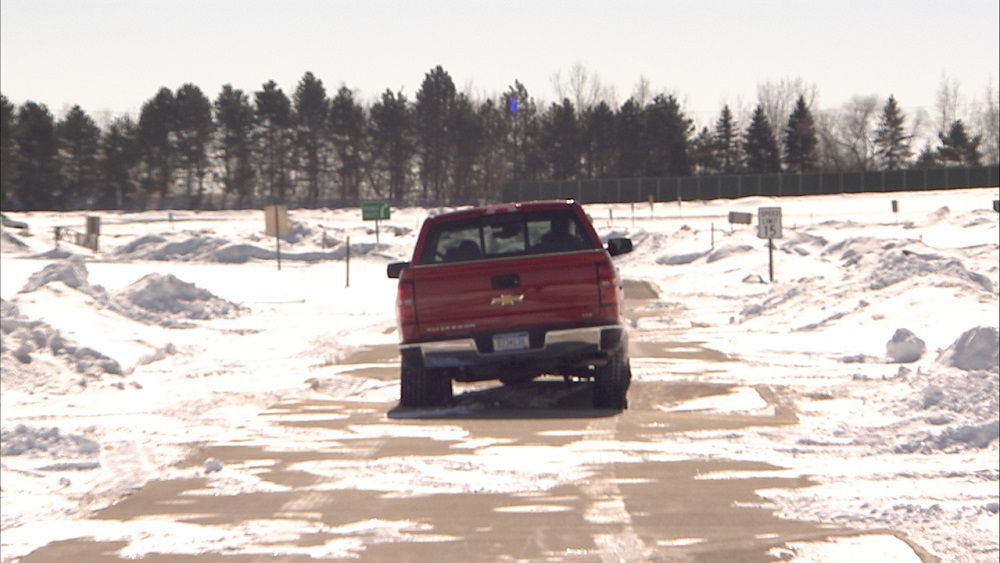Truck Talk: Chevy Solves Your Pothole Problems
Seven solid tips to ensure your Chevy truck keeps its impressive looks.

Now that spring is finally starting to arrive, icy roads are becoming a thing of the past. That is, of course, good news, but…it also comes with a little bit of bad news, especially for your truck. As usual, winter is leaving behind pothole-filled roads that can damage your prized Chevy and cost you money.
Although rough road conditions seem unavoidable this time of year, there is some help coming your way to alleviate the situation.
Recently, Chevy’s engineers met to ponder the best ways to survive pothole season. That meeting of the minds led to seven solid tips and tricks to help you and your truck avoid the bumpy consequences of post-winter driving. So, check out the Bow Tie’s suggestions on how to help your Colorado and Silverado keep their impressive looks.

1. Look Ahead and Slow Down
Pothole season can do damage, but being alert can help you avoid potholes. Look ahead and scan for potential potholes and avoid when you can safely do so. If you cannot avoid them, slow down. Hitting a pothole at a higher speed increases the likelihood of damage to your vehicle.
2. Watch Out for Water
Hiding beneath puddles can be even deeper potholes. After rain and snow, it’s best to avoid puddles that pose a risk to more damaging potholes.
3. Check your tire pressure
Properly inflating your tires can make a significant difference in avoiding damage caused by potholes. Maintaining the manufacturer’s recommended tire pressure is key. If your tire is underinflated a pothole can cause a rupture. Overinflated tires are also more susceptible to damage from a pothole.
4. Check Your Car For Damage
In the event that you do hit a pothole, be sure to check your car immediately for any possible damage. Assessing damages earlier prevents further damage to your car.

5. Know What to Look For
Potholes can cause more than just tire damage. Damage can also be done to tire rims, exhaust systems, alignment, and more. If you feel as if your car is making noises, pulling in one direction or operating irregularly be sure to take it into a professional to be assessed.
6. Help Your Fellow Drivers
Report any potholes to your city, county or state transportation authorities. In some cases, you may be able to receive reimbursement for repair costs.
7. Be Prepared
Make sure there’s a car jack and a lug wrench in your vehicle and that the spare tire is inflated to its proper pressure in case you need to change a flat.
